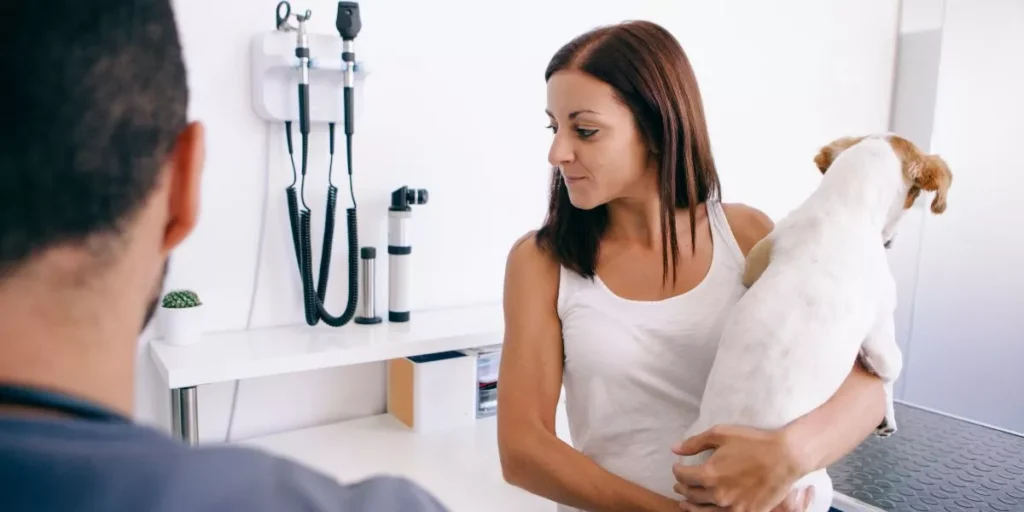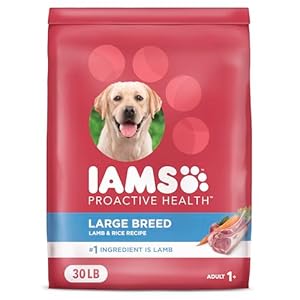
Ensuring your pet receives regular preventative care is essential for their overall well-being. From routine check-ups to vaccinations and proper nutrition, these proactive steps can significantly impact your pet’s long-term health. But what are the specific benefits of preventative care, and how can it truly make a difference in your furry friend’s life? Let’s explore the importance of these measures and how they contribute to a healthier and happier pet.
Early Detection Through Regular Check-Ups
Regular check-ups are crucial for detecting potential health issues early in your pet. By scheduling routine visits to the veterinarian, you can ensure that any underlying problems are caught in their initial stages, increasing the chances of successful treatment and recovery. During these check-ups, the vet will conduct a thorough physical examination, checking your pet’s weight, teeth, ears, eyes, and overall body condition. They may also recommend additional tests such as blood work or urine analysis to get a comprehensive picture of your pet’s health.
Early detection of health issues can significantly impact your pet’s long-term well-being. Many diseases and conditions, if caught early, can be managed effectively, leading to a better quality of life for your furry friend. Regular check-ups also provide an opportunity for you to discuss any concerns or observations you have about your pet’s behavior, appetite, or activity levels. Remember, prevention is key when it comes to your pet’s health, and regular check-ups play a vital role in ensuring they live a long and healthy life.
Importance of Vaccinations for Pets
Getting your pet vaccinated is crucial for protecting their health and preventing the spread of diseases. Vaccinations help build immunity against a variety of potentially deadly infections that pets can be exposed to. By ensuring your pet is up to date on their vaccines, you aren’t only safeguarding their well-being but also contributing to the overall health of the pet population.
Vaccines work by stimulating the immune system to produce antibodies that will recognize and fight off specific diseases. This means that if your pet comes into contact with a virus or bacteria they’ve been vaccinated against, their body will be prepared to mount a defense, reducing the severity of the illness or preventing it altogether.
It’s important to follow your veterinarian’s recommended vaccination schedule to provide your pet with the best protection possible. Remember, prevention is key when it comes to keeping your furry friend healthy and happy for years to come.
Benefits of Routine Screenings
To ensure comprehensive care for your pet, consider the benefits of routine screenings to detect any potential health issues early on. Regular screenings are crucial in identifying underlying health problems before they escalate into more serious conditions. By conducting routine screenings, veterinarians can catch issues such as dental problems, organ dysfunction, or even cancer in their early stages. Early detection allows for prompt intervention, which can significantly improve treatment outcomes and your pet’s quality of life.
Routine screenings also help in monitoring your pet’s overall health status over time. By establishing a baseline through regular screenings, veterinarians can track any changes or abnormalities that may arise. This continuous monitoring enables timely adjustments to your pet’s healthcare plan, ensuring that they receive the appropriate care as their needs evolve.
Moreover, routine screenings can be cost-effective in the long run. By identifying health issues early, you can potentially avoid more expensive treatments that may be required if conditions progress unchecked. Investing in routine screenings now can lead to savings on extensive medical bills down the road and, most importantly, contribute to your pet’s well-being and longevity.
Preventative Measures for Pet Health
Consider implementing proactive steps to safeguard your pet’s health and well-being. Prevention is key to ensuring your furry friend leads a healthy life. Start by scheduling regular check-ups with your veterinarian. These routine visits can help detect any potential health issues early on.
Additionally, keeping up to date with vaccinations is crucial in preventing various diseases that can be harmful to your pet.
Maintaining a balanced diet is another essential preventative measure. Providing your pet with nutritious food tailored to their specific needs can help prevent obesity and other health conditions. Regular exercise is also vital for your pet’s overall well-being. Engaging in physical activities not only helps them stay fit but also promotes mental stimulation and prevents behavioral problems.
Lastly, practicing good dental hygiene is often overlooked but plays a significant role in your pet’s health. Brushing your pet’s teeth regularly and providing dental treats can help prevent dental issues such as plaque buildup and gum disease.
Long-Term Impact of Preventative Care
Taking proactive steps to prioritize preventative care for your pet can have a lasting positive impact on their long-term health and well-being. By staying up to date on vaccinations, regular check-ups, and preventative treatments for issues like fleas, ticks, and heartworm, you can help your pet avoid serious health problems down the line. Preventative care not only saves you money in the long run by avoiding costly treatments for preventable illnesses but also ensures your pet enjoys a higher quality of life as they age.
Regular veterinary visits for preventative care allow for early detection of any potential health concerns. Catching diseases or conditions early often means better treatment outcomes and can even save your pet’s life. Additionally, preventative care can help maintain your pet’s overall wellness, keeping them active, happy, and by your side for many years to come. Remember, investing in preventative care now is an investment in your pet’s long-term health and longevity.
Pet supplies














